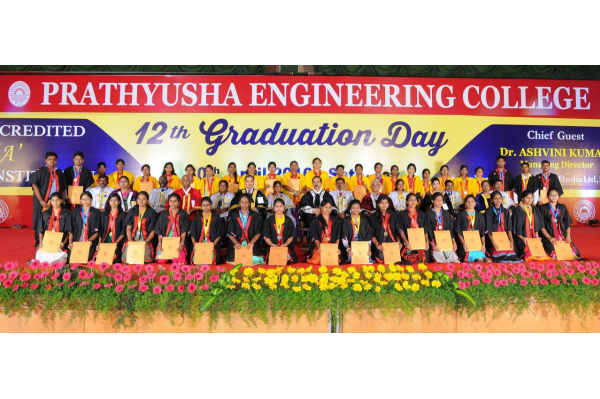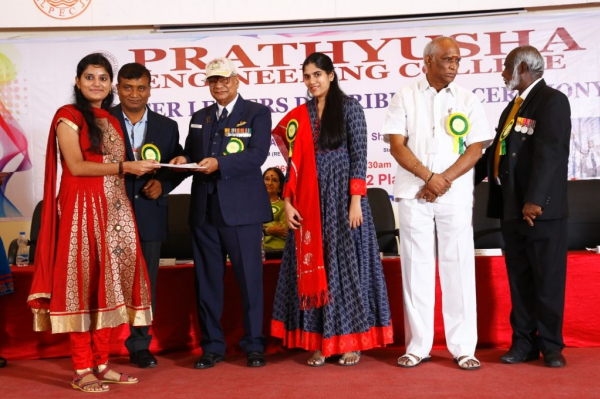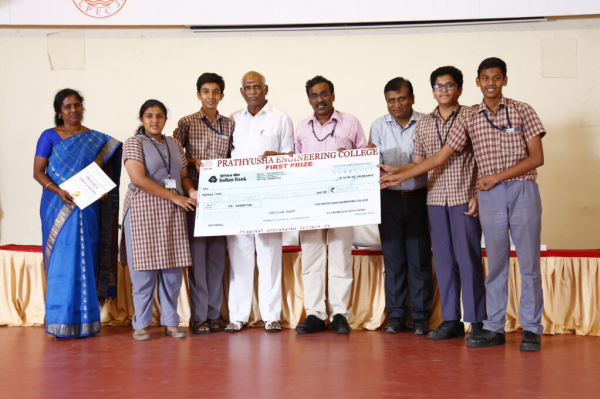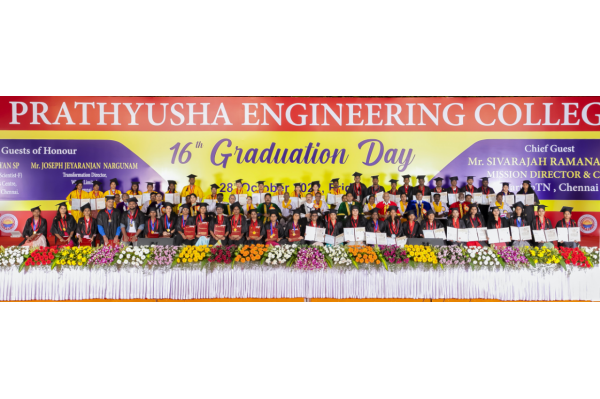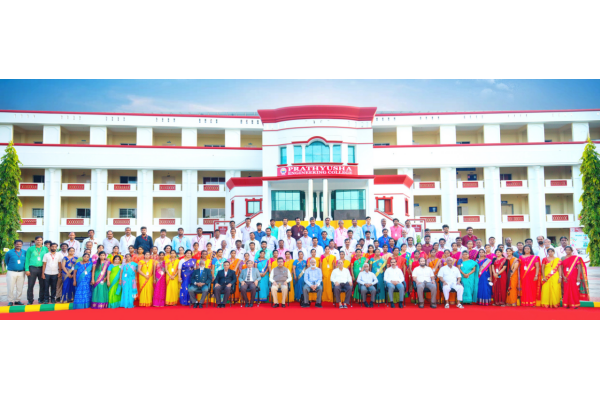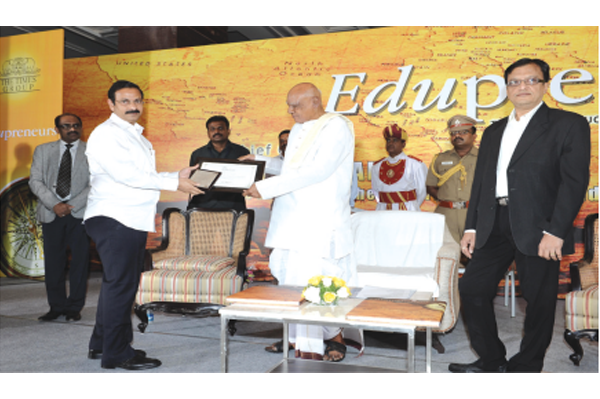PO, PEO, PSO
Programme Outcomes (POs)
At the end of the programme students will be able
- To Apply the knowledge of mathematics, science, engineering fundamentals and an engineering specialization to the solution of complex Electronics and Communication engineering problems.
- To Identify, formulate, review research literature, and analyze complex Electronics and Communication Engineering problems reaching substantiated conclusions using first principles of mathematics, natural sciences and Engineering sciences.
- To Design solutions for complex Electronics and Communication Engineering problems and design system components or processes that meet the specified needs with appropriate consideration for the public health and safety, and the cultural, societal, and environmental considerations.
- To Conduct investigations of complex problems: Use research-based knowledge and research methods including design of experiments, analysis and interpretation of data, and synthesis of the information to provide valid conclusions.
- To Create, select, and apply appropriate techniques, resources, and modern engineering and IT tools including prediction and modeling to complex Electronics and Communication engineering activities with an understanding of the limitations.
- To Apply reasoning informed by the contextual knowledge to assess societal, health, safety, legal and cultural issues and the consequent responsibilities relevant to the professional engineering practice.
- To Analyse the impact of the professional engineering solutions in societal and environmental contexts, and demonstrate the knowledge of, and need for sustainable development.
- To Apply ethical principles and commit to professional ethics and responsibilities and norms of the engineering practice.
- To Function effectively as an individual and as a member or leader in diverse teams, and in multidisciplinary settings.
- To Communicate effectively on complex engineering activities with the engineering community and with society at large, such as, being able to comprehend and write effective reports and design documentation, make effective presentations, and give and receive clear instructions.
- To Demonstrate knowledge and understanding of the engineering management principles and apply these to one’s own work, as a member and leader in a team, to manage projects and in multidisciplinary environments.
- To Recognize the need for and have the preparation and ability to engage in independent and lifelong learning in the broadest context of technological change.
Programme Educational Objectives (PEOs)
PEO-1: To inculcate knowledge and an ability to identify, analyze and solve engineering problems associated with their professional position independently and in team environment through lifelong learning.
PEO-2: To enable the Graduates to become dynamic professionals in industries.
PEO-3: To enable the graduates to use the knowledge and communication skills acquired in their graduate program for the development of the nation.
Programme Specific Outcomes (PSOs)
PSO1: The ability to analyze and apply concepts of Electronics and Communication Engineering in the analysis, design, and development of analog and digital integrated electronic systems as well as to interpret and synthesize the experimental data leading to valid conclusions using modern tools such as Lab View.
PSO2: The ability to use electronic modern tools for the analysis and design of complex Engineering problems in the design of antenna systems.
PSO3: The ability to analyze, design and solve complex engineering problems in Embedded systems and Robotics.









